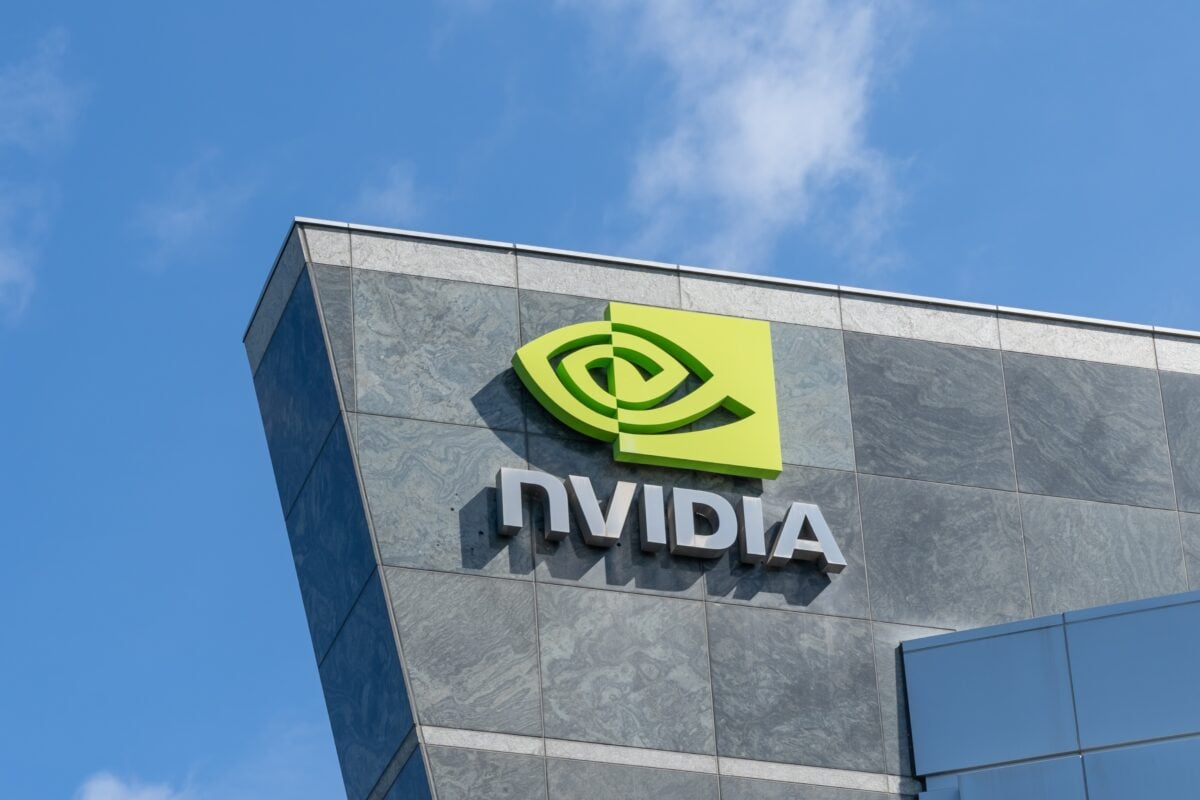TLDR:
Contents
- Nvidia’s chip exports to China stall due to growing US license approval delays.
- Commerce Department backlog is the worst in over 30 years, affecting global tech shipments.
- Stricter national security checks are disrupting Nvidia’s $15B+ export pipeline.
- China eyes alternative suppliers as delays threaten long-term US semiconductor dominance.
A mounting backlog at the U.S. Department of Commerce is delaying thousands of export license applications, with chipmaker Nvidia among the hardest hit.
The Bureau of Industry and Security (BIS), the agency in charge of approving sensitive technology exports, has failed to issue expected new regulations, leading to a freeze on billions of dollars in high-profile shipments, including Nvidia’s AI chips destined for China.
According to sources cited by Reuters, the export license delays stem from internal staffing disruptions and tightened national security reviews. The Commerce Department now insists that all license requests undergo detailed vetting, a process that has become increasingly opaque and sluggish.
A U.S. official acknowledged the bottleneck, calling it “the longest backlog in more than 30 years.” For Nvidia, this logjam comes at a critical time as the company ramps up sales of its H20 chip, a China-specific AI product developed after Washington restricted access to its most advanced H100 model.
Nvidia’s TSMC Orders Soar Despite Uncertainty
Last month, Nvidia placed a fresh order for 300,000 H20 chips with Taiwan Semiconductor Manufacturing Co. (TSMC), adding to an already massive inventory of up to 700,000 units.
The move reflects soaring demand from China, even as export license approvals remain uncertain. While the U.S. lifted its April ban on the H20 model, each shipment still requires Commerce Department approval , approvals that have yet to arrive.
The stakes are massive. CEO Jensen Huang warned earlier this year that shifting restrictions had forced Nvidia to write off $5.5 billion in unsellable inventory, with another $4.5 billion in losses reported just months later due to plummeting H20 demand. The company believes staying in China is critical to fending off competition from local and global rivals, but licensing gridlock threatens to undermine those efforts.
Bureaucracy Slows Down America’s AI Edge
The backlog is not unique to Nvidia. Across the semiconductor industry, U.S. companies are watching competitors in China and elsewhere seize market opportunities while they await green lights from Washington.
In fiscal year 2023, BIS processed export licenses in an average of 38 days. Today, applications are stalled indefinitely.
Despite official claims of increased scrutiny for national security reasons, many industry insiders argue that the delays reflect a broader capacity failure.
“This isn’t about tougher vetting,” said one source. “It’s about the system grinding to a halt.”
Policy Uncertainty Creating Permanent Market Shifts
Experts warn that U.S. companies risk ceding critical market share if delays continue. During previous export control transitions , such as the 2018 clampdown on nuclear tech to China, American firms suffered lost revenue and strained international relationships.
With Chinese tech firms already exploring alternatives to Nvidia and other U.S. suppliers, the current backlog could trigger a lasting realignment in global tech supply chains.
For now, Nvidia waits. Its chips are ready, demand is strong, and factories are producing, but Washington’s silence may prove the loudest factor in reshaping the future of AI leadership.


